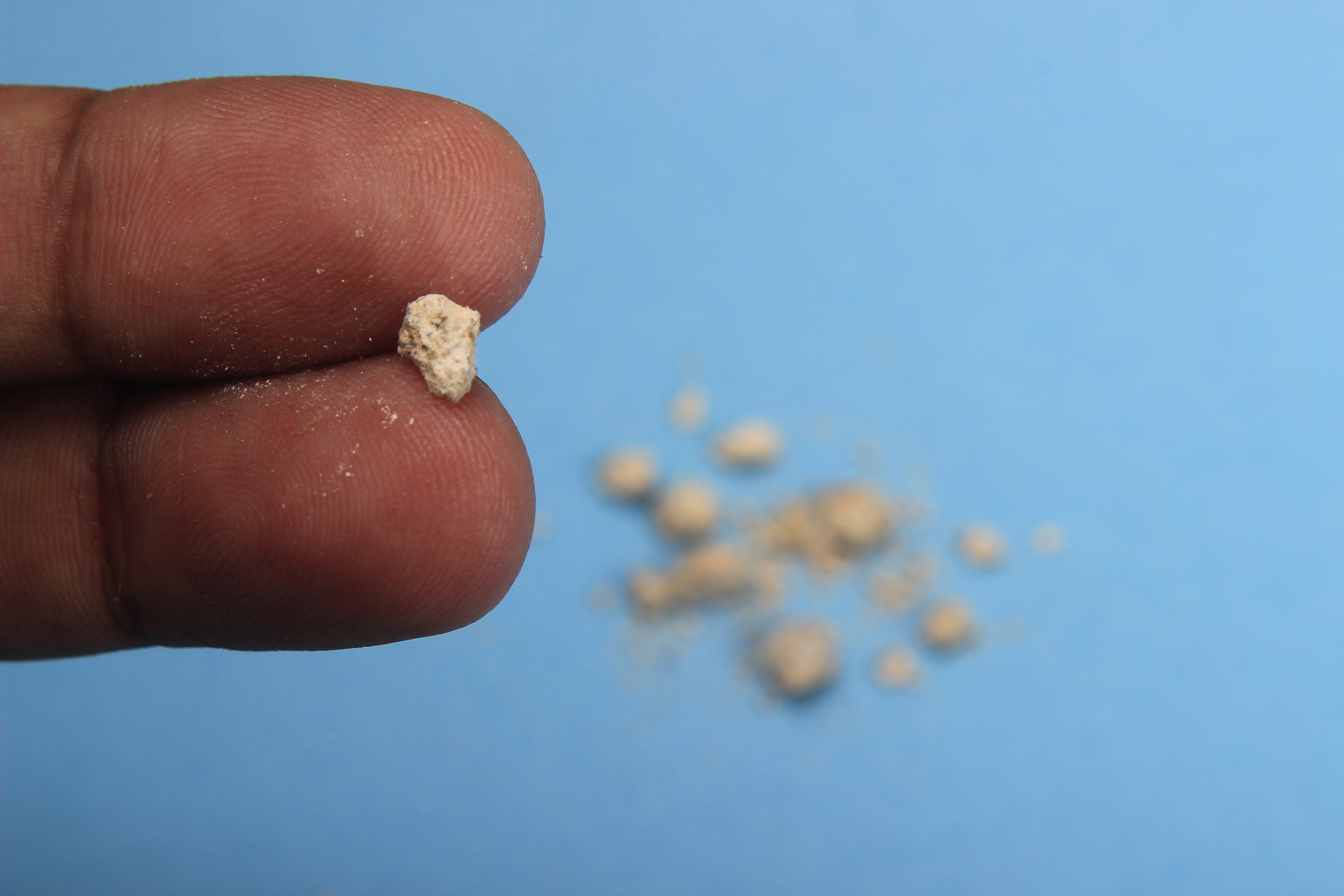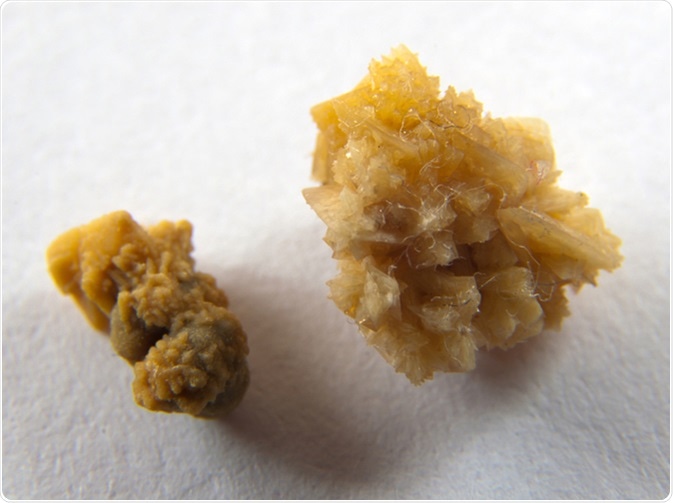The Rise of Kidney Stones Amongst Gen Z and Millennials
In recent times, medical professionals are witnessing an alarming increase in kidney stone cases, particularly among the younger generation. This surge is notably prevalent among Gen Z and millennials, attributed to their consumption of processed foods, sugary snacks, salty treats, and inadequate water intake.
The Statistics
Escalating Incidence Rates
The incidence of kidney stones has soared from 3% to a staggering 10% in the last few years, with a significant concentration among those aged 15 to 35 years.
In north India, renowned as the 'stone belt,' the incidence reaches an alarming 15%.
This surge is linked to dietary habits, especially the excessive consumption of dairy products rich in fat and calcium, yet deficient in protein.
Global Trends
This upward trend isn't unique to India; it mirrors global patterns. Studies, such as the United States National Health and Nutrition Examination Survey (NHANES), reveal a consistent increase in kidney stone prevalence across various age groups and demographics.
Causes of the Surge
Dietary Choices and Sedentary Lifestyles
The primary culprits behind this surge are poor dietary choices and sedentary lifestyles.
Young adults are often found to be chronically dehydrated due to insufficient water consumption, a significant risk factor for kidney stone formation.
Dehydration Amongst Gen Z and Millennials
While there's no specific research on the increase in kidney stones among Gen Z or millennials, healthcare professionals estimate a threefold rise from 3% to 10%.
Chronic dehydration, resulting from insufficient water intake, is a major contributor.
Symptoms and Impact
Recognizing Kidney Stone Symptoms
Kidney stones present various symptoms, ranging from intense lower back pain to stomach ache, fever, chills, or vomiting.
Larger stones lead to more pronounced symptoms, emphasizing the need for timely detection and intervention.
Public Health Concern in India
Kidney disease poses a substantial public health concern in India, with high death rates. Surveys indicate a 50% increase in deaths due to chronic kidney disease between 2001–2003 and 2010–2013.
Understanding Kidney Stone Formation
Types of Kidney Stones
Kidney stones, or renal calculi, come in different forms, including
-Calcium stones,
-Struvite stones,
-Uric acid stones, and
-Cystine stones.
While genetics play a role, lifestyle factors, primarily poor water intake, contribute significantly.
Lifestyle Factors
Inadequate hydration, coupled with diets high in processed foods, sugar, and sodium, increases the risk of crystal formation and kidney stone development, especially in the younger generation.
Potential Solutions
Dietary Interventions
Incorporating citrus fruits containing citrates and leafy vegetables rich in calcium and magnesium can prevent calcium stone formation.
Hydration Practices
Experts stress the importance of maintaining hydration levels, as concentrated urine heightens the risk of crystal formation. Gen Z and millennials are advised to avoid excessive consumption of sugary or caffeinated beverages and carbonated drinks.
Medical Interventions
Treatment options range from medications for pain management to non-invasive methods like Extracorporeal Shock Wave Lithotripsy (ESWL) for breaking down stones. Surgical procedures are reserved for larger stones resistant to natural expulsion.
In conclusion, the surge in kidney stone cases among Gen Z and millennials is a cause for concern. Understanding the root causes, symptoms, and potential solutions is crucial for addressing this health issue. Initiating early dietary and lifestyle interventions can play a pivotal role in preventing the formation of kidney stones.





Comments
Post a Comment